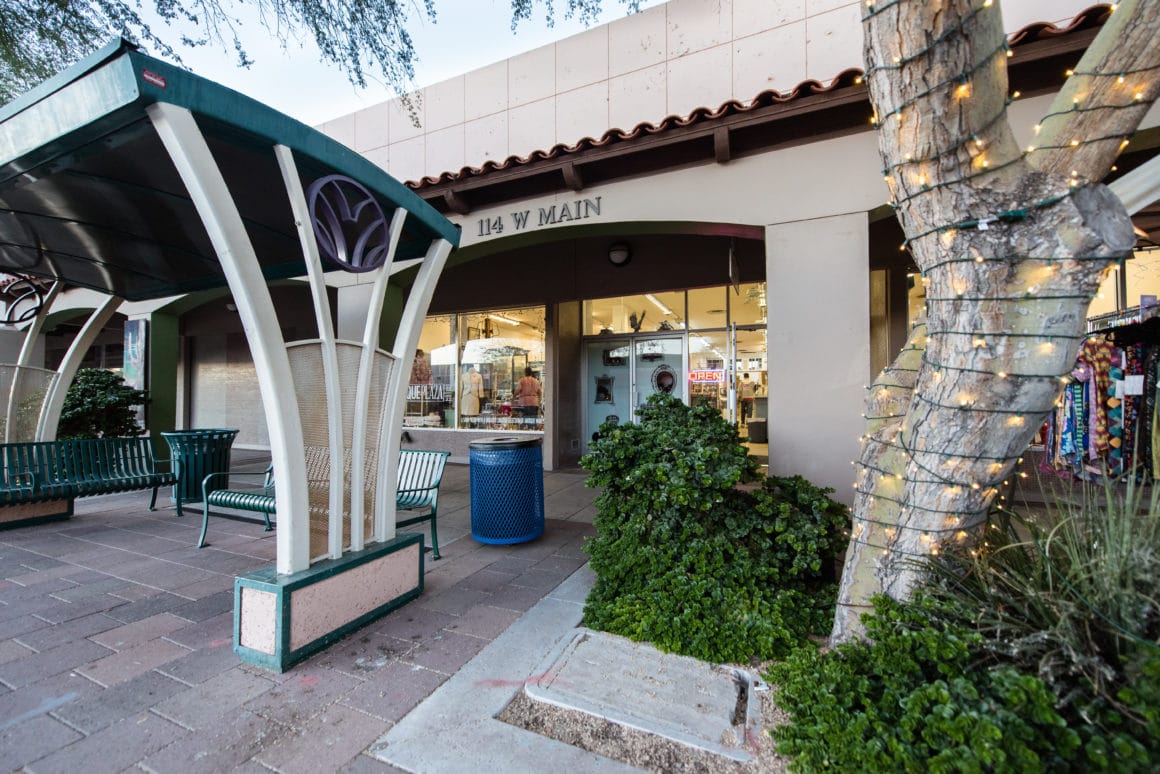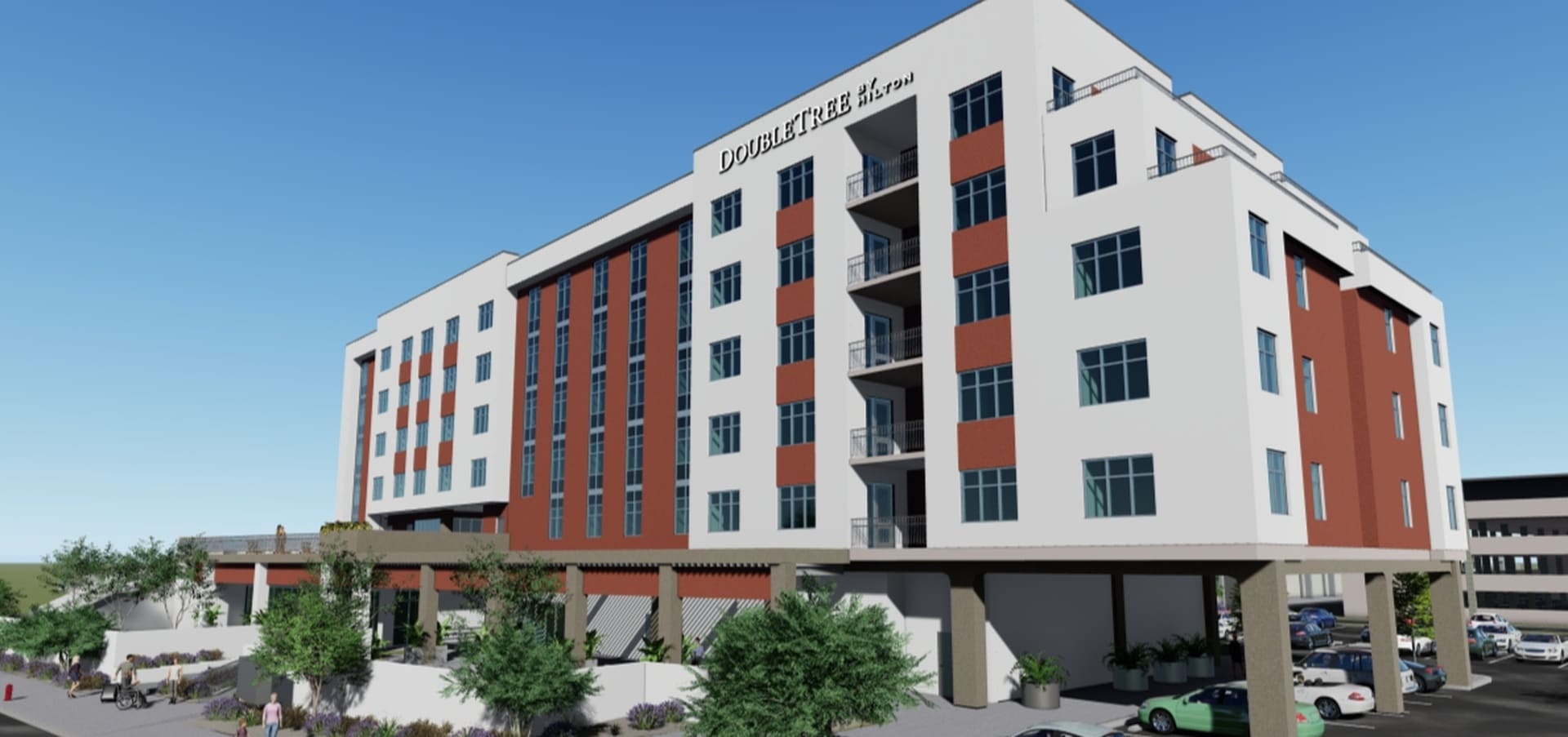Over the past year, Caliber has emerged as a leader in opportunity zones. Our qualified opportunity zone fund (QOF) was one of the first in the country and we have several ozone projects already in the works. We’re talking shovels in the ground, buildings purchased and renovations underway.
Join Chris Loeffler, Caliber CEO, as he shares Caliber’s journey from a small startup to a market leader in commercial real estate asset management and gives key insights on Caliber’s innovative investment approach, including self-directed IRAs and private loans.
There are various approaches utilized by Caliber, such as converting commercial spaces, investing in distressed real estate, and introducing pickleball facilities. In this podcast, Chris discusses the importance and intricacies of approaching opportunity, building investor trust, securing funding, transitioning to the public domain, and maximizing returns within Opportunity Zones.
Absolutely it is wonderful to be able to offer our clients a way to participate in this new program, but one thing that I think is even more special is our commitment to following not just the letter, but the spirit of the law.
Opportunity zones were created as part of the Tax Cuts and Jobs Act of 2017 with the intent of not just providing great tax incentives, but to stimulate growth in areas that would be overlooked for traditional development. To make a positive impact on underserved communities.

This is something we take to heart. Despite no formal regulations for social reporting, since we launched our QOF, Caliber has been working with consultants to develop a framework for measuring community impact. And we may have a head start on what could soon become part of the law.
New legislation may make social impact reporting an important piece of QOF compliance. The proposal brought before congress this past May would require investors to report on things like poverty reduction, new business and job creation, amount and type of investments in the fund, etc. More information about the proposed legislation can be found here.
If they haven’t already, it’s important that fund managers start thinking about these metrics now. Once the law is passed there is a strict timeline for submitting data – one year from the day the bill is enacted. That’s not a lot of time to set benchmarks, implement data tracking tools and develop comprehensive reporting.
In addition to measuring our impact, Caliber is very intentional when it comes to the types of projects we build in opportunity zones. We work closely with local government officials and community leaders to determine what their neighborhood really needs. We aren’t going to blindly decided to build a Walmart on the corner just because we think it would be profitable for our investors. If it doesn’t make sense for the community, we aren’t going to do it. Because our business model allows us to be flexible, we can focus on the type of development that will help stimulate the economy, create new jobs and revitalize the area.
Our opportunity zone projects range from a hotel in downtown Tucson, a behavioral health hospital in Phoenix and revitalization of eight historic buildings in the heart of Mesa.
If you are interested in learning more about the Caliber Tax Advantaged Opportunity Zone Fund, LP, contact us today at [email protected].
